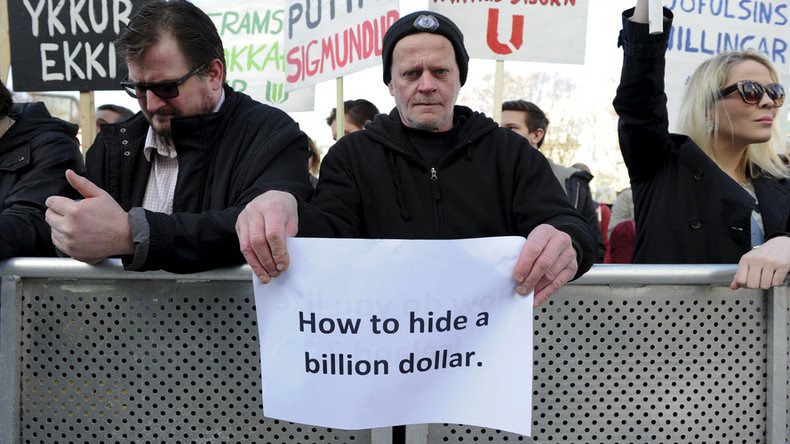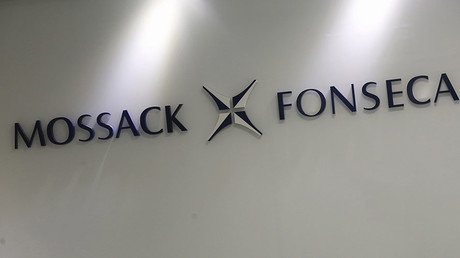‘US pretends fighting tax havens while creating its own’

The United States have been professing to be fighting tax evasion all over the world, but at the same time, it’s opened up tax havens at home: in Delaware, Nevada, Wyoming and South Dakota, says journalist Ernst Wolff.
RT: Why would people move their offshore money to a relatively high-tax regime in the United States rather than say Ireland or Luxembourg?
Ernst Wolff: The United States has been professing to be fighting tax evasion all over the world, but at the same time, they've opened up some tax havens in their own country. See, the states of Delaware, Nevada, Wyoming and South Dakota are the new Switzerlands of this world. They are absolute tax havens that guarantee people banking secrecy which surpasses that of Switzerland and Luxembourg. The Americans have professed to be fighting against tax evasion but actually they've opened up their accounts to foreign money. What they are doing right now is they are blackmailing people all over the world because nobody knows if he will end up in that list. And the only way people can avoid ending up in that list is putting their money into the new tax havens in America.
RT: Why do you think the 'Panama Papers' leak contains little about American business or individuals?
EW: Of course, they have to put in some American individuals and some American companies in order to kind of camouflage the whole thing. But those are only minor people in there. The big people in there are non-American citizens: they are Europeans; they are people from different countries all over the world. And the most important thing is the things that are not reported because they are holding back a lot of information. So that way they can blackmail people all over the world who will be afraid that their name might show up there some time.
RT: Reaction’s been varied from the names dragged into this scandal. Iceland's PM's offered to quit, Ukraine's president says his actions are 'normal'. Do you expect any other repercussions in the coming days?
EW: I do. The whole thing should be seen in the wider context. Because what is the American government doing? It's pursuing a policy of destabilization all over the world, and this also serves this purpose of destabilization. They are causing a lot of upheaval all over the world and also they are causing a lot of money to find its way into the tax havens in America. The US is preparing for a big, super-big financial crisis, and they want all that money in their own vaults and not the vaults of other countries.
Gerald Celente, publisher of the Trends Journal, told RT: “When the Panama Papers were first reported in the US, the first thing that they started writing about were the connections between those who alleged to put the money in the offshore accounts and Putin without any evidence at all…This is this anti-Russian, anti-China, anti-Iran campaign that just keeps beating in America.”
US government, Soros funded #panamapapers to attack Putin – WikiLeaks https://t.co/Puecb6mnCrpic.twitter.com/o1i0f9T2hO
— RT (@RT_com) April 7, 2016
Commenting on billionaire George Soros’s connection to this issue Celente said: “As a matter of fact, his influence is beyond global – look what’s going on in America and his influence in the presidential reality show that they call a presidential race. And when you read from the Guardian that “much of the leaked material will remain private”…this is supposed to be a free and open society? I believe that this might be a push back from Soros for Russia last year banning a number of American NGOs. So, this could be payback.”
Given the political class in Washington, it is very unlikely any serious attempt will be made to reform the US financial system with regard to laundering and tax havens, says political commentator and writer John Wight.
The statements, views and opinions expressed in this column are solely those of the author and do not necessarily represent those of RT.













